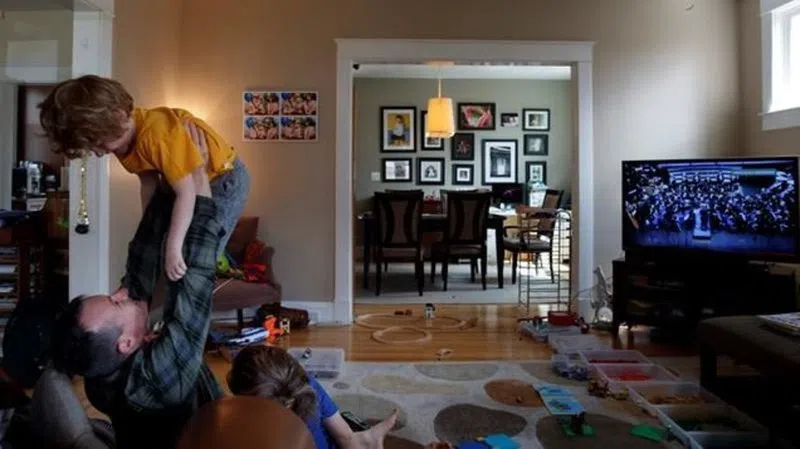
In shadow of COVID-19, Army Field Band plays on for America
For members of the U.S. Army Field Band, it has never been merely about the music. Yes, they wanted to please the ear, but they played for the Army. For America.
So earlier this month, when concert dates evaporated with the spread of COVID-19 and the band was ordered back to Fort George G. Meade in Maryland, there was never any question: The band would not stand down. The music would not stop.
With an already faithful following on Facebook and YouTube, they quickly set up a studio space from which to live stream.
The result: a daily “We Stand Ready” virtual concert series that has attracted more than 4.3 million viewers in just 10 days, said Master Sgt. Brian T. Sacawa, a Concert Band saxophonist for 17 years.


